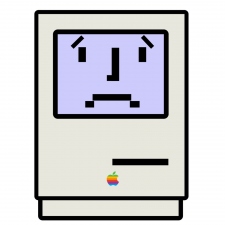The US Department of Justice has recently opened a case against Apple, following the EU’s lead with the Digital Market’s Act. This move marks a significant shift in holding Apple accountable for long-standing issues that have been tolerated for over a decade. The case is focused on addressing the wrongs that many have been aware of but overlooked.
While it may be tempting to envision secret meetings between US and EU officials plotting against Apple, the reality is likely more complex. The recent actions against Apple in the EU may have emboldened US-based parties with grievances to finally get the attention of the Department of Justice.
Prior to this development, there were likely intense behind-the-scenes negotiations involving powerful figures who were invested in Apple’s success. However, the recent legal actions indicate that both US and EU authorities have serious concerns about Apple’s behavior and market dominance.
Instead of complying with the EU’s regulations and maintaining a low profile, Apple has defiantly challenged the authorities with their own measures. This bold stance underscores Apple’s belief in their power and their perception that they are above the law.
The US case against Apple goes beyond issues with app stores and Epic Games, targeting the core of Apple’s business model. The focus is on Apple’s ecosystem that prioritizes hardware and software integration at the expense of compatibility with other manufacturers.
Apple’s tight control over its products and services, such as the App Store, Apple Pay, and iMessage, has created barriers for competitors and limited consumer choice. The Department of Justice aims to address these anti-competitive practices and restore a level playing field in the market.
The parallels with the historic case against Microsoft in 2001 are significant, as the DoJ aims to prevent Apple from establishing a monopoly that stifles competition. The outcome of this case could reshape the tech industry and pave the way for innovation and fair competition.
While the future remains uncertain, the actions taken by the DoJ against Apple signal a potential shift in the dynamics of the tech industry. Whether this intervention leads to a more open and competitive market or changes the nature of Apple’s business remains to be seen.


